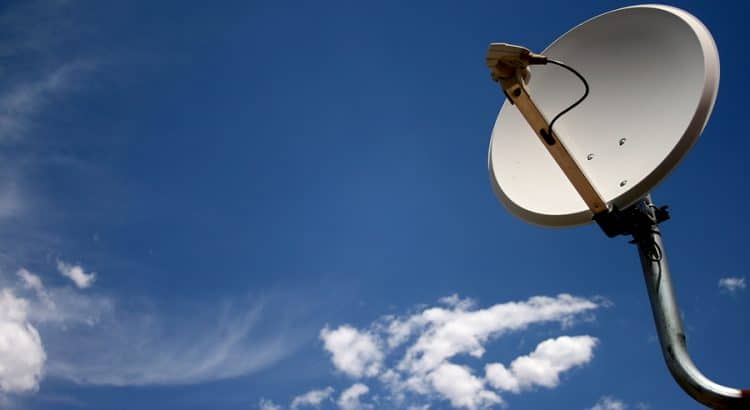When I got invited to Starlink’s beta, the company included this message in my invitation email:
Yesterday, a Starlink user tweeted a screenshot showing a download speed of 130Mbps and a latency of 44ms. Here’s the reply Elon Musk left:
Speed will double to ~300Mb/s & latency will drop to ~20ms later this year
— Elon Musk (@elonmusk) February 22, 2021
It’s an audacious goal. While some tests with Starlink have already shown sub-20ms latency, that kind of performance is far from typical. Getting speeds to 300Mbps this year would be a real accomplishment.
In the last several months, Musk has made a handful of bold predictions. He has claimed humans will probably land on Mars in the next 6 years and that Tesla will be capable of Level 5 autonomous driving by the end of 2021. While I don’t think either of those predictions will come to fruition, I find Musk’s speculation about Starlink’s performance more plausible. I think there’s about a 50% chance the prediction will look basically correct a year from now.










